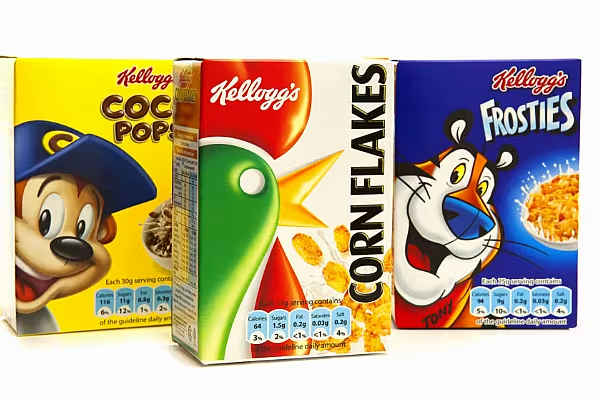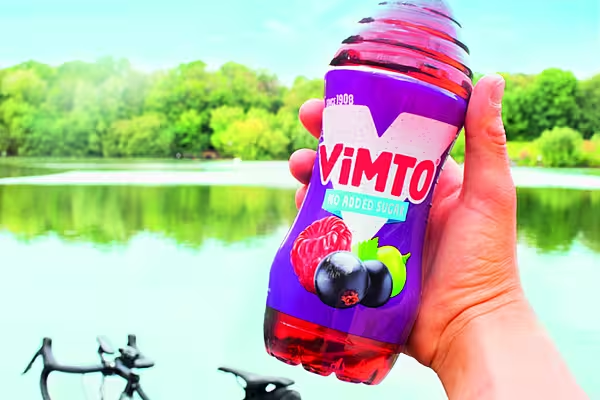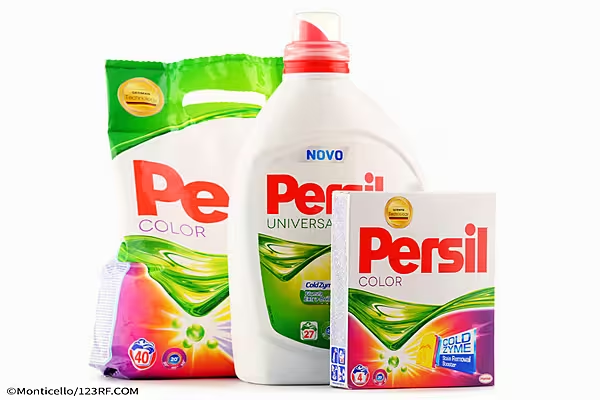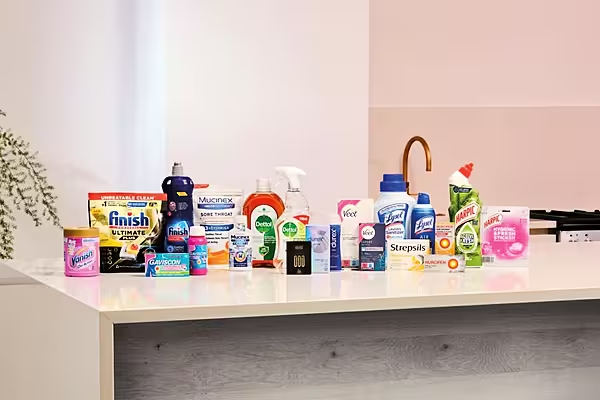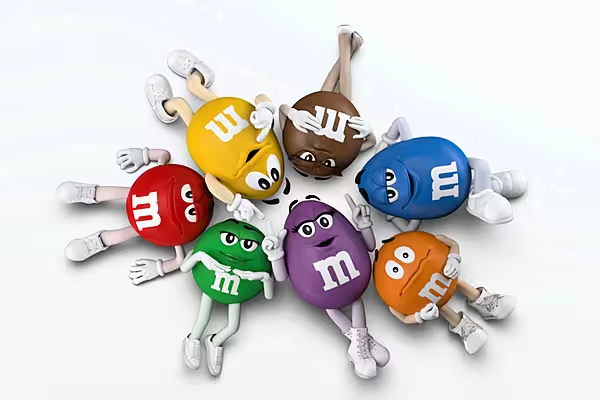Kellogg Co reported a fourth-quarter loss on Thursday as it suffered the effects of a strong dollar and the costs of an ongoing restructuring and preparations for Brexit.
The company said in November that it would reorganise its North American division and explore a sale of its cookies and fruit snacks units - which include brands such as Keebler and Stretch Island - as it sharpens focus on its core businesses.
'Intense Pricing Pressure'
Kellogg, like other packaged food companies, has struggled to boost sales in recent years because of intense pricing pressure from retailers and growing consumer preference for healthier, fresher food.
To drive cereal sales, Kellogg has been spending more on advertising and promotions.
Britain is due to leave the European Union on March 29 in a so-called Brexit.
The country's economy risks stalling or contracting as Brexit looms and a global economic slowdown worsens, with companies in the British services sector reporting job cuts for the first time in six years and declining new orders.
The Results
Net loss attributable to Kellogg was $84 million (€74 million), or 24 cents per share, compared with a profit of $417 million (€367.4 million), or $1.20 per share, a year earlier.
Excluding items, Kellogg earned 91 cents per share, beating analyst expectations of 88 cents, according to Refinitiv data.
Kellogg said net sales rose 4.1% to $3.32 billion (€2.9 billion) in the quarter, ended 29 December, helped by acquisitions, including its 2017 purchase of RXBAR. The company said currency translation hurt sales by 3%.
News by Reuters, edited by ESM. Click subscribe to sign up to ESM: European Supermarket Magazine.
